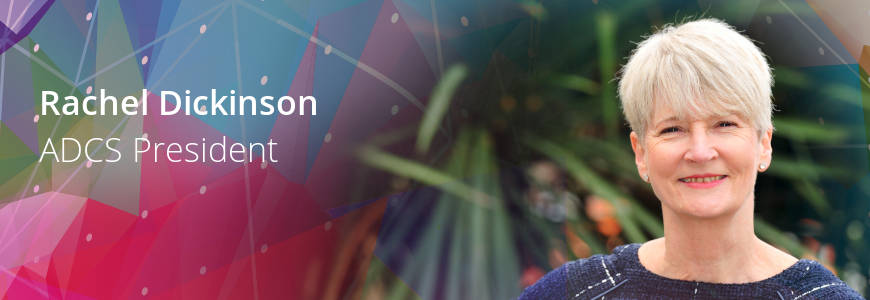The impact of Covid-19 on childhoods and children’s services

In July ADCS published a short discussion paper aimed at capturing the impacts of Covid-19 on both services and childhoods and putting children and their lived experiences of the pandemic front and centre in national recovery plans.
Covid-19 has heightened the challenges many children and families already faced, from poor housing, hunger, safe spaces to play outside and access to adequate IT equipment or broadband so that they can learn at home. More children and families will have reached a tipping point, and we are seeing families we have not previously worked with who are experiencing domestic abuse, neglect and financial hardship. The number of applications for free school meals is increasing daily and it is estimated hundreds of thousands of children will be plunged into poverty by the end of this year because of Covid-19. There is just no way of knowing how big this cohort of newly vulnerable children and families is at this stage, or what the costs of meeting their needs will be.
The social and emotional impact of this period could cast a long shadow over childhoods for many months and even years to come. Numerous surveys show that stress and anxiety about exam cancellations and the impact this will have on plans for future study, training or employment is second only to young people’s concerns about the health and safety of friends and family during the pandemic. We anticipate a surge in referrals when children go back to school in September and in the months that follow when professionals have more face to face interaction with children and any hidden harms are uncovered. We need properly and equitably resourced children’s services to minimise the impacts of the virus on children and to support them to thrive in a post-Covid-19 world, yet I am worried that when our peak of activity arrives there will be no emergency funding left.
The government must act quickly to address the £3.1 billion funding gap the LGA estimates will exist in children’s services by 2025 and provide the equitable, long term funding we need to meet children’s needs, now and in the future. But improving children’s lives and outcomes is about more than just money. Children must become a much bigger priority for the government going forward and we need long term strategies to address the stark inequalities the virus has exposed and amplified. Covid-19 will continue to impact children’s lives for years to come, without long-term thinking we cannot create a better society with improved health and greater health equity.
Just before Covid-19 fully entered the national consciousness, Sir Michael Marmot published a report on health inequalities; the findings were stark. A decade on from his original review, life expectancy has stalled, and is even falling in some areas and for some cohorts, and health inequalities have widened. The real possibility of a second wave of the infection, more local lockdowns or a recession will likely exacerbate these inequities.
I think the past few months have shown us how much can change in a short space of time. There have been so many challenges in responding to the pandemic, but there are opportunities coming down the line to build back better and stronger, to put the levelling up of inequalities that damage childhoods and life chances at the heart of the government’s recovery plan, to prioritise people and their wellbeing over the economy. The Spending Review needs to have children at its heart and contain substantial funding for them, their families and the full range of services they rely on.
Jenny Coles, ADCS President 2020/21 and Director of Children’s Services, Hertfordshire County Council.
This column first appeared on the LGC website on 5 August 2020 | https://www.lgcplus.com/services/childrens-services/jenny-coles-childrens-services-need-funding-ahead-of-autumn-wave-of-referrals-05-08-2020/
Related Articles
The spectrum of parenting programmes is broad, dealing with everything from...
In General
At the time of writing the new Prime Minister, Boris Johnson, has announced a...
In General
John Pearce responds to LGA research on the cost of children’s social care...
In General
Rachel Dickinson responds to the Education Select Committee’s SEND report
In General
Charlotte Ramsden, ADCS President, responds to the SEND and AP green paper
In General
The Association recently held its annual conference in Manchester. This was the...
In General
ADCS response to the OCC report on out of area placements
In General
Rachel Dickinson comments on the latest Spending Round announcements on the...




